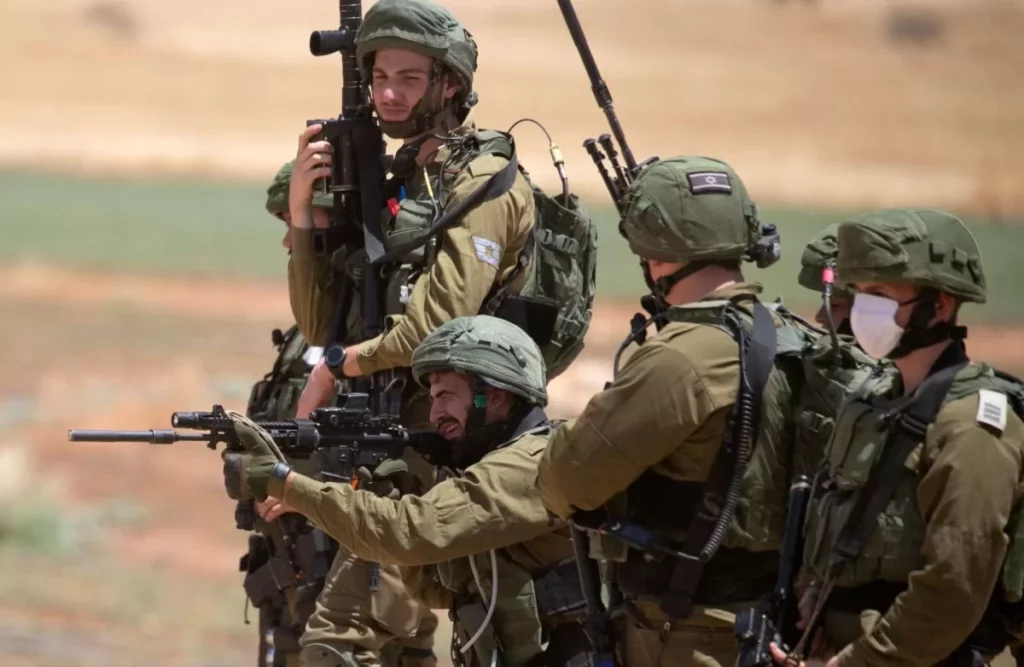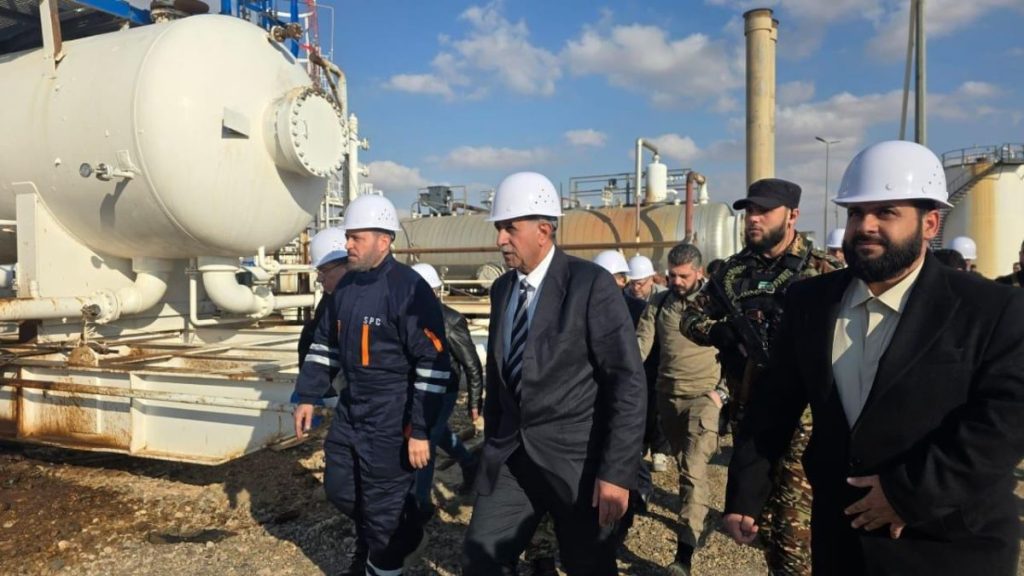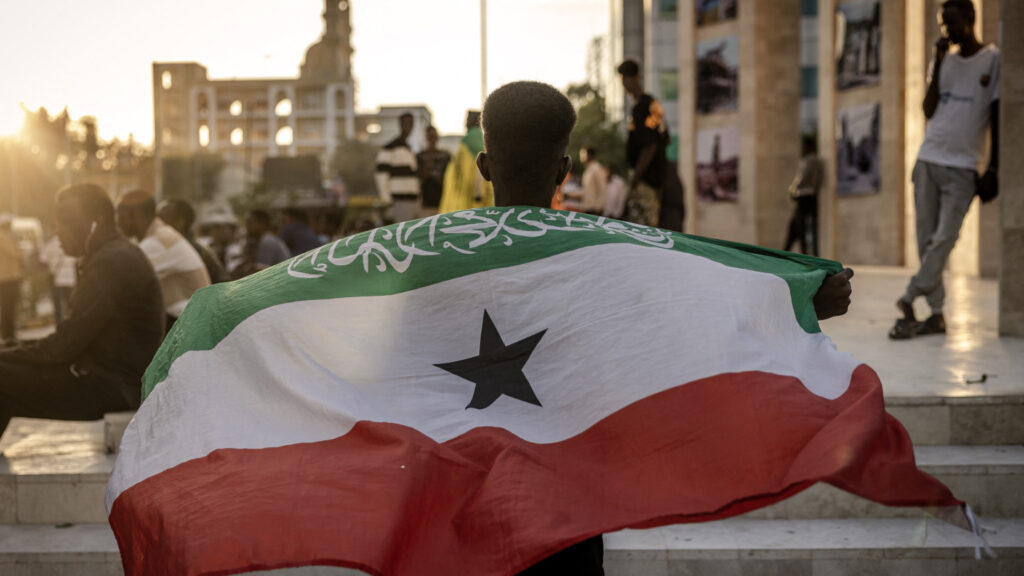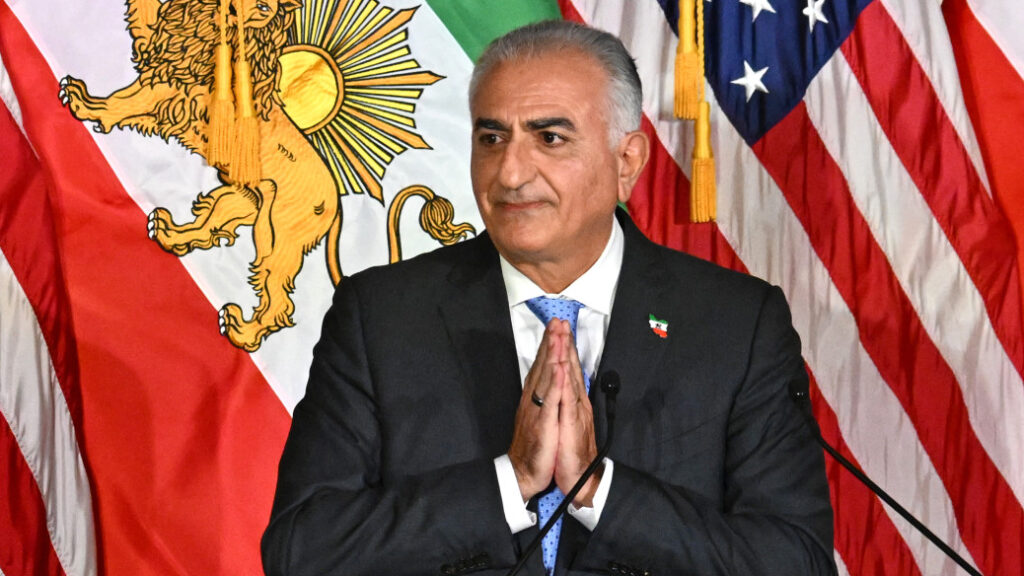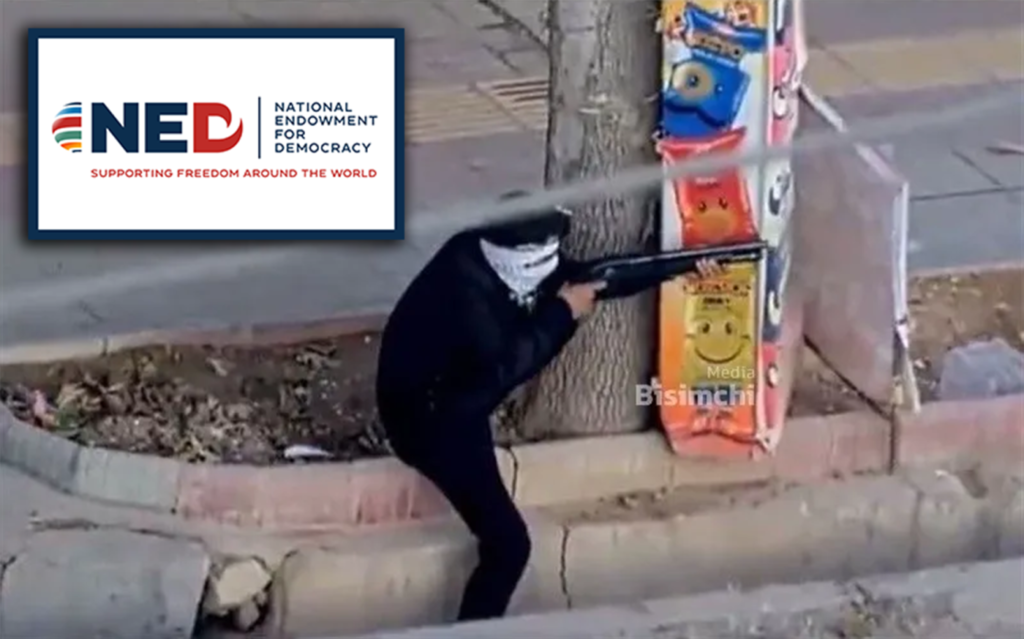How Syria could become a battleground for Turkey and Israel
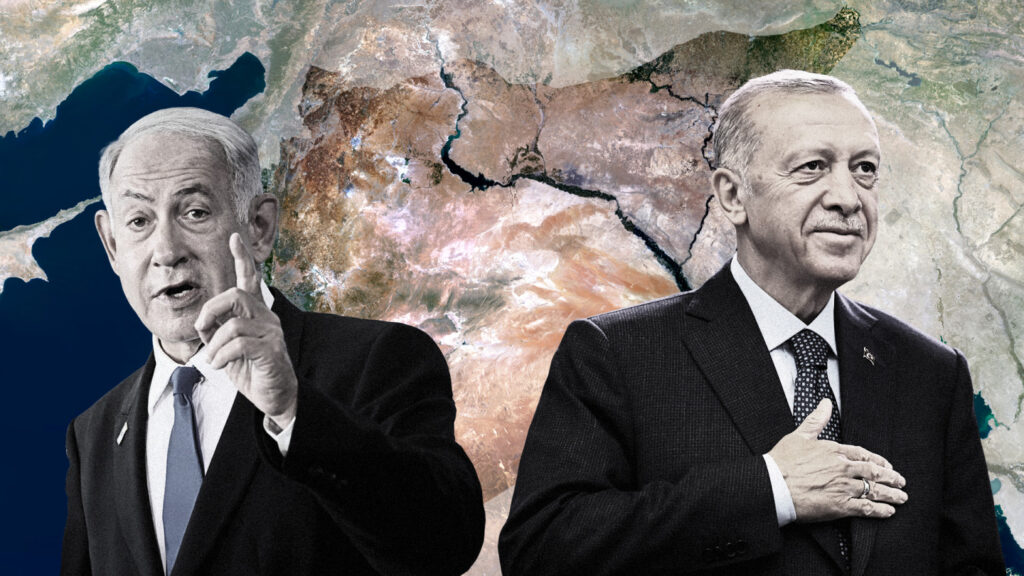
Since the collapse of Bashar Al-Assad’s government just over a year ago, Syria has become an arena for an increasingly stark contest between Turkey and Israel.
Ankara and Tel Aviv’s strategic visions for Syria are fundamentally irreconcilable. Turkey seeks a unified state anchored by an Ankara-friendly central authority and preserved territorial integrity.
Israel, by contrast, favours a weakened and fragmented Syria incapable of projecting power or resisting external aggression.

